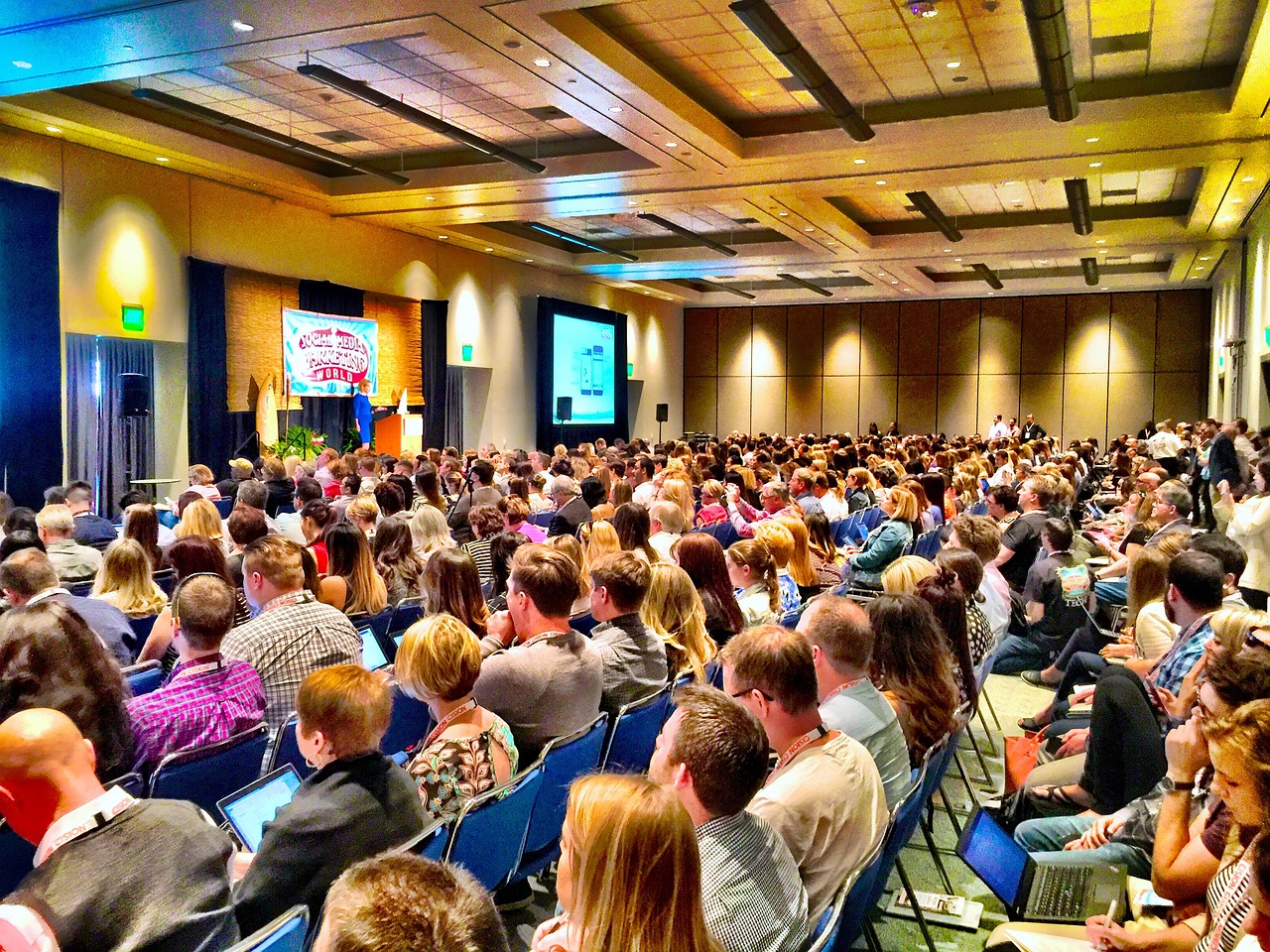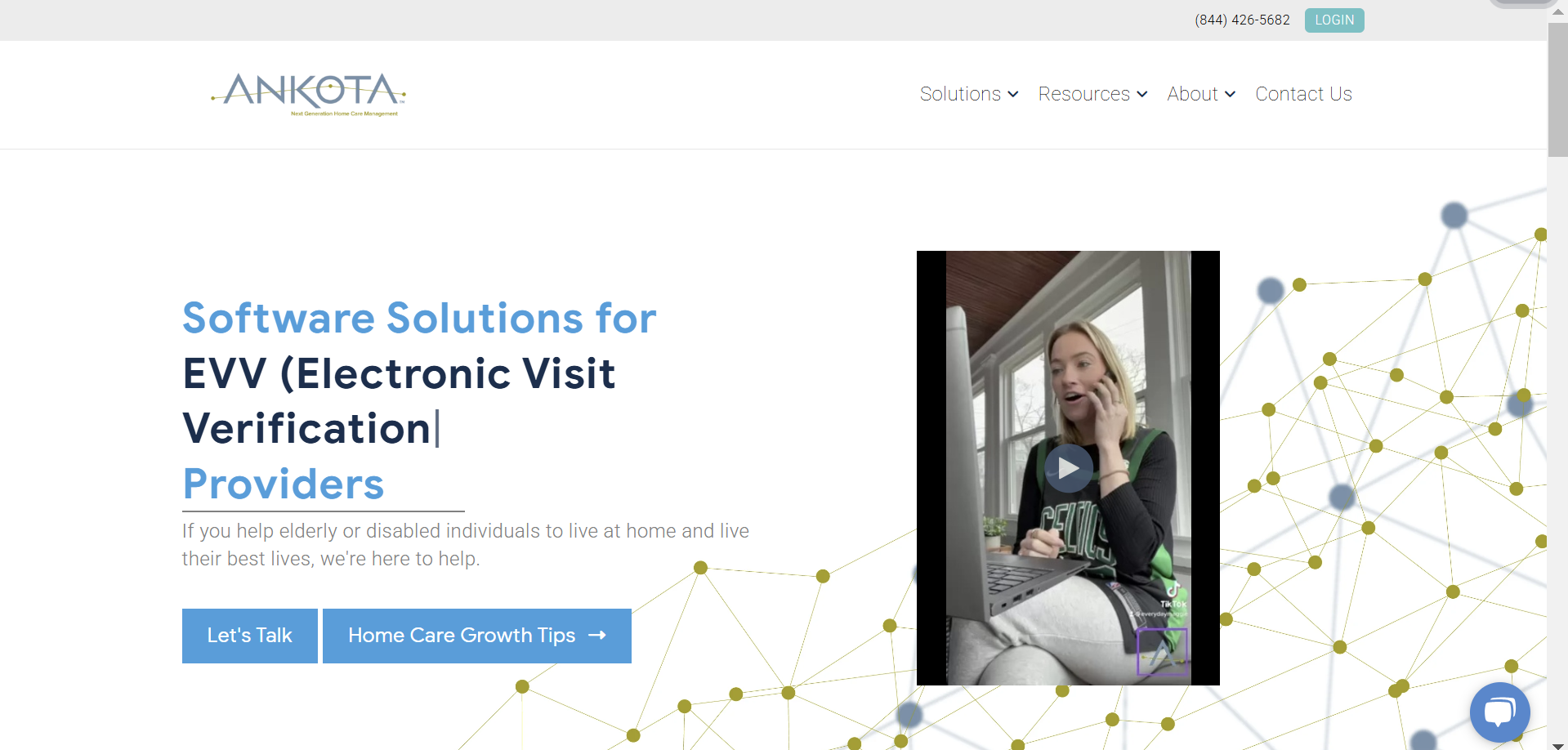(For more on growing your agency, please check out our free "Home Care Growth Best Practices" resource.)
There's lots of talk these days about Artificial Intelligence (AI). Here's what folks who care for older and disabled people need to know.
You experience AI everyday and might not realize it
When you watch Netflix and it recommends what you might want to watch next, when your phone lets you in with FaceID or a fingerprint, when you're writing an email and it suggests how to finish your sentence, or when you deposit a check on your phone and it knows how to process it, these are all everyday examples of AI. The key here is that AI is mainstream and you should embrace it.
Why is there so much talk about AI these days?
The examples above use a type of AI called Machine Learning (also called ML). Without taking credit away from the wonderful innovations described above, they're mostly applications of statistics. Specifically, a lot of data (like what everyone else is watching on Netflix) is compared to what you've been watching and based on that it tells you what you'd like to watch next.
A new breed of AI has emerged and the poster child for it is called ChatGPT. You can get to it by typing chat.openai.com in your browser. It will make you sign up (which is fine and no risk). A very similar service, created by Google is called Bard and you can get to it by going to bard.google.com (this works with your Google account such as if you use Gmail). The difference with these services is that they perform research and "generate content" for you. For example, you can ask it something like "Using the perspective and writing style of a first year college student, please write me an 800 word essay on how the

movie Avatar relates to colonialism." It will write this for you with perfect English, then you can ask it to make revisions and fine tune it. Similar technologies that are available for free can generate images, simulate voices, create videos and more. The image on the right was generated for free by AI (in canva.com).
This is driving lots of conversation ranging from "How will kids ever learn to write now that the computer can do it for them," to "If you look at the big tech giants like Microsoft, Apple, Facebook (now called Meta), and Google, they haven't innovated in a long time and this is the first major tech innovation that we've seen.
Why should we care about AI if we provide supportive services, home care or day care?
We all deliver hands on human services so your initial thought might be that this doesn't apply to our industry at all. If that's how you feel, than you can pretty much stop reading here and the next time you go to a cocktail party you'll be able to talk about what AI is, where we see it every day, and what's new with it.
But every other industry is now thinking about how AI can change their world, and home care should do the same. Here are some specific things we should be thinking about.
- Recruiting and Retention is the biggest problem we all face: How might AI help us with this?
- The population of people needing services will more than double and we already don't have enough caregivers: How can AI and other technologies help here?
- What "Research" and "Content Generation" do we do that can be assisted with AI? Do we publish content on our website, create newsletters for prospects or research how our competitors are differentiating their services? Also, do you have the same stock images on your website as everyone else? Why don't you generate new ones.
- What are things that we do over and over that a computer can be taught to do? Can AI help us minimize the time we take doing mundane tasks so we can focus on more important things?
- The populations that we serve generally have issue with health: Most of us provide "non-medical services" but our clients get hospitalized for things like falls and urinary tract infections. Can AI predict these for us?
- Similarly, we focus on the "Social Determinants of Health" Can AI help with isolation and loneliness, shelter, nutrition and other similar matters.
AI Solutions for Supports and Care that we can use now:
Looking at the questions above, here are ways we can benefit from AI now.
The set up and operations in your office will be as follows:
- Recruiting and Retention: Systems like Indeed and ZipRecruiter use AI to try to find candidates who are best suited for your open positions. Also, we all suffer from candidates who we recruit and train then they don't work out once they start working with our clients. There are emerging technologies to predict this based on quizzes you can ask candidates to take.
- Providing more care with fewer caregivers: It will become harder and harder to recruit. There are emerging technologies that can monitor our clients at night and alert if they get out of bed, fall, go to the bathroom and don't make it back to bed, wander, etc. Combining sensor technology with AI we will be able to have small overnight staff serving a lot of clients.
- Research and Content Generation: Can chat GPT or Bard write wonderful articles for our newsletters or websites and can they research our competitors for us? You bet they can. Try the links above and give it a shot. Note that their first drafts might not be great but you can refine your question and you can also edit what they write?
- Automating Mundane Tasks: Just like Netflix can predict our next movie, or Google can suggest how we will likely finish a sentence, the software you use to manage your agency should start evolving to suggest how to fill your open shifts or how to apply reason codes to your EVV issues.
- Monitoring for Health and the Social Determinants of Health: If our clients had motion sensors in their homes or if they wore something like an Apple or Samsung watch, we could gather tons of information that can be used to predict and prevent hospitalizations or falls. These solutions (the watches and sensors) are available today and the predictive abilities are emerging. Just like Uber made it much harder on Taxi drivers and Netflix killed Blockbuster, this will be the kind of thing that can put your agency out of business if you don't adopt it (timeframe prediction of 2 to 5 years on this one).
Is AI an Opportunity or a Threat?
This is a very important question and each of you will need to answer it for yourself. My answer is that it's an opportunity. Here's why?
"Computers and Robots can't provide supportive services, home care or day care BUT agencies with computers and robots will ultimately do it better than those who don't have them"
- When spreadsheets were invented, it was predicted that all the accounting jobs would go away. Now there are more accountants than ever.
- When Amazon added robots, it was predicted that all the warehouse jobs would go away. Now they have more employees, more warehouses and faster delivery.
- Don't be Blockbuster or a Taxi Owner!
"People vs. People will be a tie. Computer vs. Computer will be a tie. Computer + People will beat both"
Wrap up and Shameless Plug
Our industry has a wonderful and bright future. We hope that this article has given you the tools you need to understand what AI is and how tech enabled agencies will win in the future of supportive services and care.
We at Ankota provide software for home care, disability services and adult day services and we'd love to help your agency thrive, please reach out to us for more information or assistance.
Ankota provides software for organization who enable older and disabled people to live at home, rather than in a nursing home or other institutional facility. We provide software for Home Care, EVV, Disability Services, Adult Day Services and other related needs like PACE Programs, Centers for Independent Living, and Area Agencies on Aging. To learn more, please visit www.ankota.com or contact us.

.png)
.png)


.png)



.jpg?width=2379&height=2001&name=701badff87a135725d5086a77df6ab1fe2cbf566%20(1).jpg)
.png?width=626&height=511&name=0ec654dbe587ebf0ccd3b62c22155a6dc1e7553c%20(1).png)


